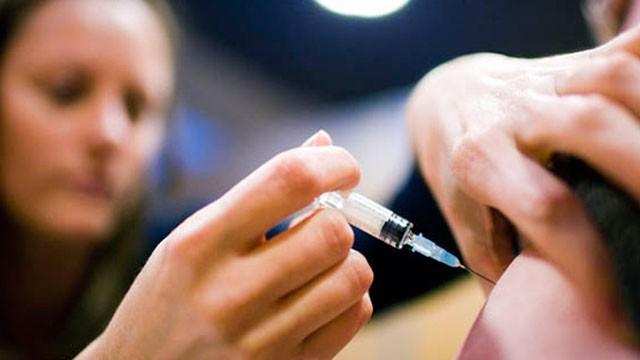Measles are back again in America with two highly contagious cases popping up in the Bay State from Trader Joe’s and a sushi bar in Framingham.
According to the Centers for Disease Control and Prevention, an average of about 60 people in the United States contract measles every year. These people are mostly exposed to the disease in other countries who then travel here.
The disease was uprooted from the US long back and the medical experts hold the anti-vaccination campaigners as the reason behind the popping up of an almost-eradicated disease in the United States.
“I would strongly encourage all parents to get their children vaccinated and avoid the alternative. … You don’t know how bad this disease can be until you see it front and center.” said Dr. Mark Pasternack, chief of Pediatric Infectious Diseases at Massachusetts General Hospital.
The Massachusetts Department of Public Health on February 21 has issued a public health alert after the measles cases were confirmed.
Meanwhile, the medical providers are on task to vaccinate the Americans against measles. Besides health officials are also recommending those who feels that they may have been exposed to the virus and are experiencing symptoms of measles.
Health officials have asked all those who have been experiencing any symptoms of measles to refer to their doctors. Doctors say, symptoms of the measles appear 10 days to two weeks after exposure. The initial symptoms include cold, fever, cough, runny nose, and red eyes. After two to four days of these initial symptoms, a rash may appear for a few days and then disappear. Measles are considered to be contagious up to four days before and after the rash appears. They spread more easily than almost any other disease as they communicate mainly through airborne transmission such as breathing, coughing, and sneezing.
According to the Massachusetts Department of Public Health, people who may be at risk of contracting the disease includes:
- Infants and young children who have not received their first dose of the measles-mumps-rubella (MMR) vaccine at 12 to 15 months of age.
- School-age children who have not received their second dose of the MMR vaccine.
- Adults who have not received at least one dose of the MMR vaccine.
